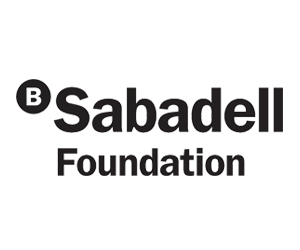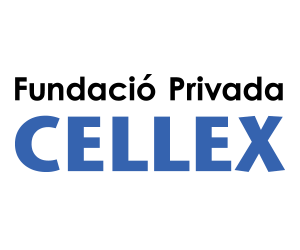
Project overview
Q-SPET was awarded a BIST Ignite Grant in March 2018 and one of the three BIST Ignite Awards 2019.
It is mindboggling how creatively Nature takes advantage of the principles of deep physics. Principles of quantum design allow sunlight to be channelled smoothly and efficiently through light-harvesting-networks and generate charge-separation. Does quantum coherence play a decisive role for the efficiency of photosynthesis? Can quantum mechanics in life processes be used for global solar energy, new platforms of quantum sensors or even quantum logic?
Here we propose to team up between IBEC, ICFO, and ICIQ to explore the light-to-charge conversion of the iconic PhotoSystem-I (PSI), a photoactive electron-transport protein. PSI uses optical excitation energy (sunlight) for charge-separation and electron-transport. The IBEC Gorostiza group expertise is ultrasensitive electrochemical detection of charges generated in proteins. The ICFO vanHulst group specializes on nanoscale quantum control by ultrafast-lasers. Forming a complementary BIST team, we will combine fs-laser control with electro-chemical read out of the photo-induced charge.
We will use the IGNITE support to explore the feasibility, to quantify the photon to electron conversion efficiency and aim to push the sensitivity towards the single protein level. Femtosecond coherent-control of the multi-chromophoric acceptor excited-state will allow exploring a first manipulation of the primary electron donor state to steer the branching of the electron transfer.
Following success of the IGNITE “seeding” stage, we plan a “second” stage to address the single PSI-complex acting as a single quantum system, combining electrochemical scanning tunnelling microscopy (EC-STM) and coherent-controlled fs-laser excitation.
Q-SPET aims for the first time to control a true biological function – charge separation of electron transport – using quantum coherence.
Multidisciplinarity within Q-SPET
IBEC meets ICFO. The Q-SPET project has emerged as a result of the research activities of two BIST laboratories investigating similar biological systems, photosynthetic complexes, while using complementary approaches: photonics and electrochemistry. It is evident that photosystems convert photons into separated charge carriers and generated fuels without telling the difference between research topics. ICFO controlling the input photons and IBEC detecting the output electrons, we are in unique position to trace the photo-electro-chemical activity along the full path. With common interest in the biological system, the joining of forces with such different and powerful methodologies is sure to spark excitement, mutual learning and cross-fertilization between the laboratories.
Progress: updated abstract as of December 2018
The Ignite project Q-SPET aims to manipulate electron transport in individual photosynthetic complexes using coherently controlled ultrafast excitation. When successful, Q-SPET will establish a new platform of quantum nanophotonic and molecular electronic technologies. During the seeding phase, we have established a novel experimental setup combining ultrafast pulse laser excitation (ICFO) with electrochemical photocurrent recordings (IBEC) in photosynthetic complexes, and we have achieved the first ultrafast traces of photocurrent response of a protein monolayer, which will form the basis of a first joint publication from the collaborative IGNITE project. We will definitely pursue the project and aim for: photocurrent 2D-Electron-Spectroscopy, complemented by fluorescence 2D-ES; study the branching in PSI or even single PSI, acting as a single quantum system operating at room temperature. We will complement our insight using synthetic chromophore-protein assemblies as model systems for light harvesting and charge separation. Finally, we will intend to turn our photocurrent expertise to 2D-materials, carbon nanotubes, semiconductor nanoparticles, and photocatalytic systems in collaboration with other BIST groups.
Project members

Pau Gorostiza
ICREA Research Professor and Group Leader at IBEC

Niek F. van Hulst
ICREA Research Professor and Group Leader at ICFO

Elisabet Romero
Group Leader at ICIQ

Manuel López Ortiz
PhD Student at IBEC

Núria Camarero
Postdoctoral Researcher at IBEC

Vikas Remesh
PhD Student at ICFO

Jana Ockova
PhD Student at ICFO













